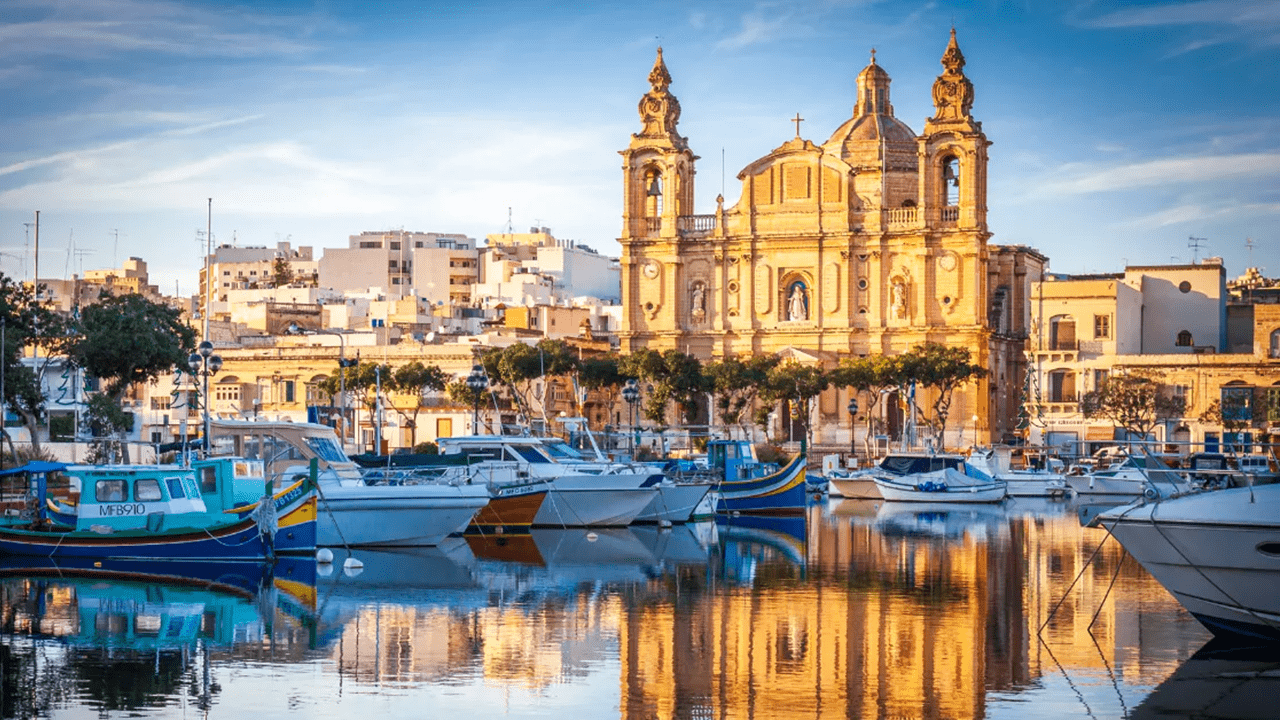The Pros and Cons of Investing in Malta

Malta, an archipelago in the Mediterranean Sea, is a small island nation that has been attracting investors for decades. Its strategic location, booming economy, and favorable tax policies make it an attractive destination for businesses and individuals looking to invest in Europe. However, investing in Malta also comes with its share of pros and cons. In this article, we will explore the benefits and drawbacks of investing in Malta.
Pros of Investing in Malta
Strategic Location
Malta’s location between Europe, Africa, and the Middle East makes it an ideal gateway to these regions. The island nation is just a short flight away from major European cities and is strategically positioned in the center of the Mediterranean. This strategic location has attracted businesses in various sectors, including finance, tourism, and logistics.
Booming Economy
Malta’s economy has been growing rapidly in recent years, with a GDP growth rate of 5.7% in 2020. The country’s economic growth is driven by a thriving financial services sector, a growing tourism industry, and a dynamic gaming industry. Malta has also invested heavily in renewable energy, which is expected to contribute significantly to the country’s economic growth.
Favorable Tax Policies
Malta has a tax system that is attractive to businesses and individuals looking to invest in the country. The Maltese tax system offers several incentives, including a flat corporate tax rate of 35%, a tax refund system for foreign investors, and a residency program for non-EU nationals. These tax policies have attracted many businesses and individuals to invest in Malta.
Access to the EU Market
As a member of the European Union, Malta offers businesses access to the EU market of over 500 million consumers. This makes Malta an attractive destination for businesses looking to expand their operations in Europe. Additionally, Malta has signed several trade agreements with other countries, further expanding its market access.
English Language
English is widely spoken in Malta, which makes it easy for businesses and investors to communicate with locals and conduct business transactions. This has made Malta an attractive destination for businesses looking to expand their operations in Europe.
Cons of Investing in Malta
High Living Costs
The cost of living in Malta is relatively high compared to other European countries. This is mainly due to the island nation’s small size, limited resources, and high demand for goods and services. Housing, transportation, and food costs can be expensive, especially in popular tourist areas.
Small Market
Malta’s small size means that the domestic market is limited. This can be a challenge for businesses looking to sell products and services to Maltese consumers. As a result, many businesses in Malta focus on exporting their products and services to other countries.
Limited Human Resources
Malta’s small population means that the pool of available talent is limited. This can make it challenging for businesses to find skilled workers to fill certain roles. This has led to a competitive job market and higher wages for skilled workers. However, the government has taken steps to address this issue by offering training programs and incentivizing businesses to invest in human resources.
Bureaucratic Processes
The bureaucratic processes in Malta can be time-consuming and challenging for businesses looking to invest in the country. This can include obtaining licenses and permits, navigating labor laws, and dealing with government agencies. However, the government has been working to streamline these processes and make them more investor-friendly.
Political Instability
Malta has experienced some political instability in recent years, which can be a concern for investors. In 2017, a journalist investigating corruption was murdered, leading to protests and political turmoil. However, the government has taken steps to address these issues and promote transparency and accountability.
Conclusion
Investing in Malta can be a lucrative opportunity for businesses and individuals looking to expand their operations in Europe. The country’s strategic location, booming economy, favorable tax policies, access to the EU market, and English language make it an attractive destination for investors. However, investing in Malta also comes with its share of challenges, including high living costs, a small market, limited human resources, bureaucratic processes, and political instability. It’s essential to consider these factors when making investment decisions in Malta.
FAQs
Is it easy to invest in Malta?
Yes, it is relatively easy to invest in Malta. The country has a friendly business environment and offers several incentives to foreign investors.
What is the minimum investment required to obtain a Maltese citizenship?
The minimum investment required to obtain Maltese citizenship is €650,000. This includes a non-refundable contribution to the government, a property purchase or rental, and an investment in government bonds or stocks.
What are the main industries in Malta?
The main industries in Malta are financial services, tourism, gaming, and manufacturing.
Is the Maltese economy growing?
Yes, the Maltese economy has been growing rapidly in recent years, with a GDP growth rate of 5.7% in 2020.
How safe is Malta for investors?
Malta is generally a safe country for investors. However, as with any country, there are risks associated with investing, including political instability and economic uncertainties. It’s essential to conduct thorough research and consult with experts before making investment decisions in Malta.
Recommended Posts

Financial Aspects of Doing Business in Malta
July 26, 2024

EveryMatrix & beBettor Ensure Safer UK Gambling
July 26, 2024

Casino999.dk & Delasport Enhance Sports Betting
July 26, 2024



